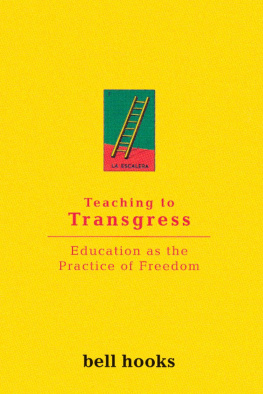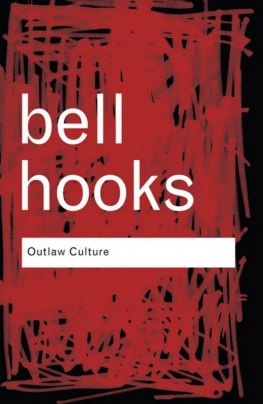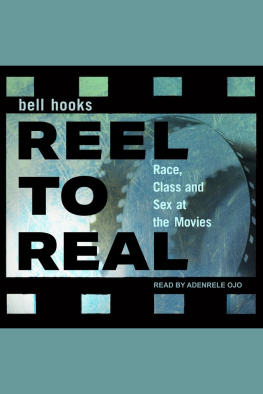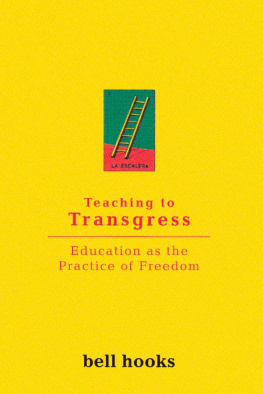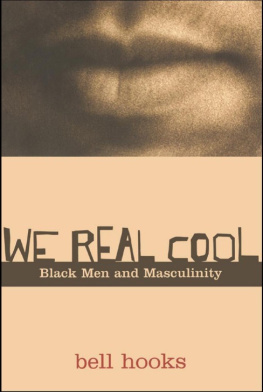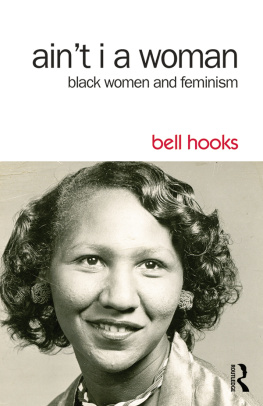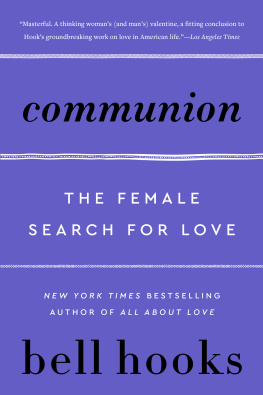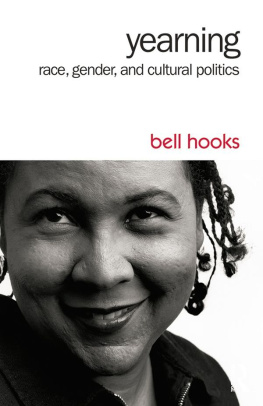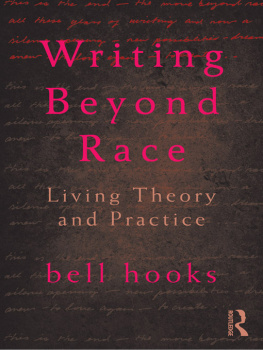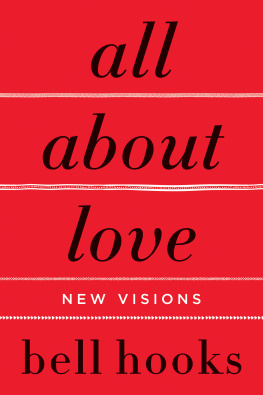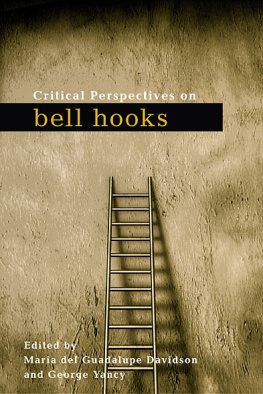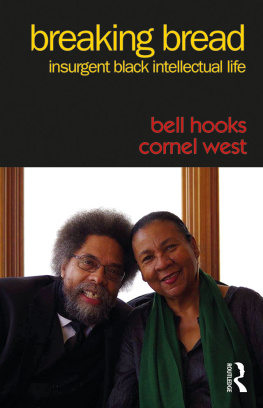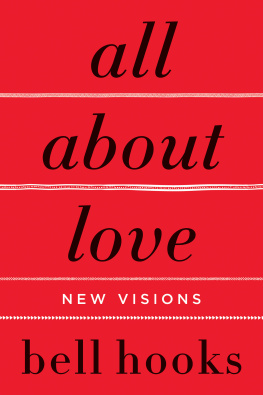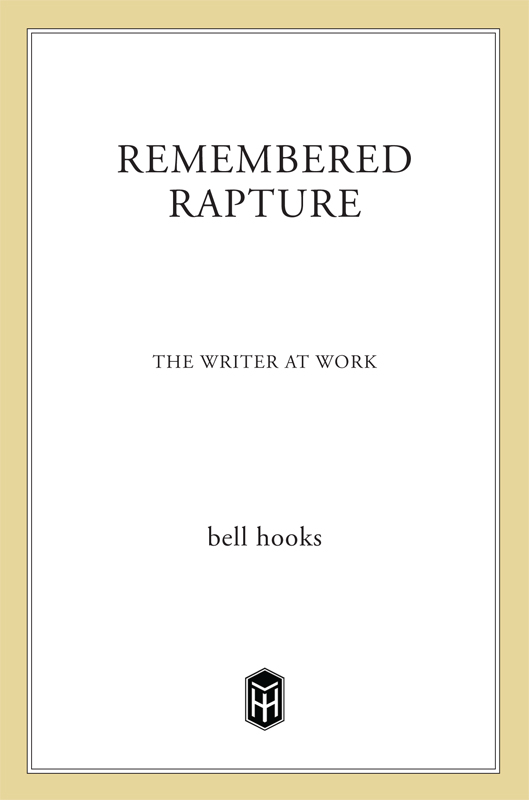
The author and publisher have provided this e-book to you for your personal use only. You may not make this e-book publicly available in any way. Copyright infringement is against the law. If you believe the copy of this e-book you are reading infringes on the authors copyright, please notify the publisher at: us.macmillanusa.com/piracy.
Contents
words have weight
you bear with me
the weight of my words
suffering whatever pain
this burden causes you
in silence
i bow to you
Rosa bell and Veodis Watkins
when I ask you to write more books I am urging you to do what will be for your good and for the good of the world at large.
VIRGINIA WOOLF
preface
rapture from the deep
Writing these essays about writing has intensified my understanding and appreciation of the writer at work. This work was written to share the dimensions of my writing life that take place behind the scenes. Written from the standpoint of cultural critic, literary scholar, and/or creative writer, these essays probe and examine. They interrogate. Some are academic in tone, others are polemical or playful or just plain celebratory. They span a period of twenty years. Significantly, issues that were relevant and key when I first began writing are still central. Engaging these ideas through the years necessarily leads to some repetition. As a writer I come back to the same place again and again, hoping to make a new discovery or to see an old idea in a fresher light. When I am writing, when I am reading, I reflect on the process of writing itself. Like so much of my work, many of the essays in this collection emerged as responses to readers who wanted to know more about how the work came to be what it is and other less gentle interrogators who found my engagement with writing suspect.
Pondering why it is so many people find my (a black woman writer) passion for the written word suspect, I am reminded of how recent it is that we have made our literary voices heard in a sustained wayespecially writing nonfiction. I write much about that in Remembered Rapture, dwelling on diverse subjects: the issue of labels, of whether one is a black or woman writer or just a writer; talking about why I write so much; discussing the social and political implications of writing by and about women emerging in the wake of contemporary feminist movement; probing the politics of confessional writing, the rise in popularity of the contemporary memoir. In several essays I look at the link between my writing and spiritual belief and practice. I write here about class and how our class background influences both what we write, how we write, and how the work is received. And finally I write about some of the women writers whose work and literary presence influences me, shaping the contours of my imagination, expanding the scope of my vision. No writers work has touched my life as significantly as the work of Emily Dickinson, and it is time for me to give her praise. Two of the women writers I pay homage to, Toni Cade Bambara and Ann Petry, died in recent years; their passing was not recognized enough in the press as the tremendous loss to the world of American letters, for their work and presence illuminate very specific periods in our history as a nationand the development of black womens writing.
In many of these essays I grapple with the issue of public work as an intellectual in and outside the academy and that space of writing that is always intimate, private, solitary. Again and again I return to the issue of voiceto break silence, to talk about the reality that black womens literary voices are here to stay even as we still confront a culture that is not yet fully ready to register and recognize the diversity and range of our vision. As a still emergent group of writers, especially in the area of nonfiction work, black women grapple continually with the suspicions of a larger literary world that is still not confident we are serious thinkers and writers. And then we confront one another, finding among ourselves that envy and fear often lead us away from the solidarity that is needed to ensure our work will not be once again relegated to an abyss of silence, dismissed once more as unnecessary, as irrelevant, as not good or good enough.
I address these issues in Remembered Rapture because the marketplace has discovered our words are a useful commodity and eagerly seeks to push our work only in the direction of profit and gain. We have visions that must be protected and cherished, for we are still claiming our space in wordsstill seeking audiences that can take us and our work seriously, still waiting for a generation of publishers and critics to emerge who are not blinded by biases. Again and again in these essays I respond to the question most often asked me by everyone, Why do you write so much? I recall the words of Virginia Woolf, whose A Room of Ones Own has always provided a guide and an anchor, urging us so long, so silent women to write all kinds of books, hesitating at no subject however trivial or vast, telling us that if we consider any great figure of the past, like Sappho, like the Lady Murasaki, like Emily Bronte we will find that she is an inheritor as well as an originator, and has come into existence because women have come to the habit of writing naturally. Ah! but my dear sister Virginia could never imagine black women writing naturally. For like everyone she knew, our very existence on the landscape of Western literature was the outcome of unnatural acts.
No! Black women in the diaspora do not come to writing naturally, for there is always someone standing ready to silence the natural impulse to create as it arises in us, and so to write we must ever resist. We must ever remember that our ancestors sacrificed that we might possess the skill to readto write. No! Black women have not come to writing naturally for we have come over a way that with tears has been watered, treading our feet through the blood of the slaughtered. We have come to writing through the suffering of our ancestors here on these shores. While this suffering does not sanctify us it does remind us that ours is a literary history where even the threat of death could not silence our passion for written wordsour longing to read, to write, to know.
Writing about his life and the people who influenced him, black theologian and mystic Howard Thurman often focused on his maternal grandmother Nancy Ambrose, telling how she encouraged him to be a seeker after truth: I got from her an enormous respect for the magic that there is in knowledge. That came from what she had observed as a slave child. Whenever her owners wife saw her daughter trying to teach my grandmother the alphabet or one, two, three, she would chastise the child and send her to bed without supper. My grandmother said: I saw there must be some magic in knowing how to read and write. Although she never learned to read or write she urged her grandson to acquire this magic and use it in the service of self-realization.
Like Howard Thurman, I was raised in a world where many of the teachers of wisdom around me were elder black women and men who could not read or write. As part of my religious missionary service it was often my designated task as a child to be the eyes for those who did not have eyes, the hands for those who could not write. No language adequately describes what it feels like to live in a world where so much depends on the written word and be unable to grasp the significance of those marks on paper. No words can convey the sense of powerlessness before the mystery of print. I witnessed the pain and shame of illiterate elders. Yet more than their anguish of spirit what I remember most is the intensity of their longingtheir desire to be led into this world of written words. They never let me forget that they could not enter this world without a guide. And that my ability to guide them was a precious gift. They never let me forget that some of them had been to school but had not been taught right and so they did not come away from learning knowing how to make sense of words on the page. They never let me forget that I was blessed. To them words were sacred. To read and write was to partake of a sacrament as holy as our eating the body and drinking the blood of the divine in communion and remembrance.


